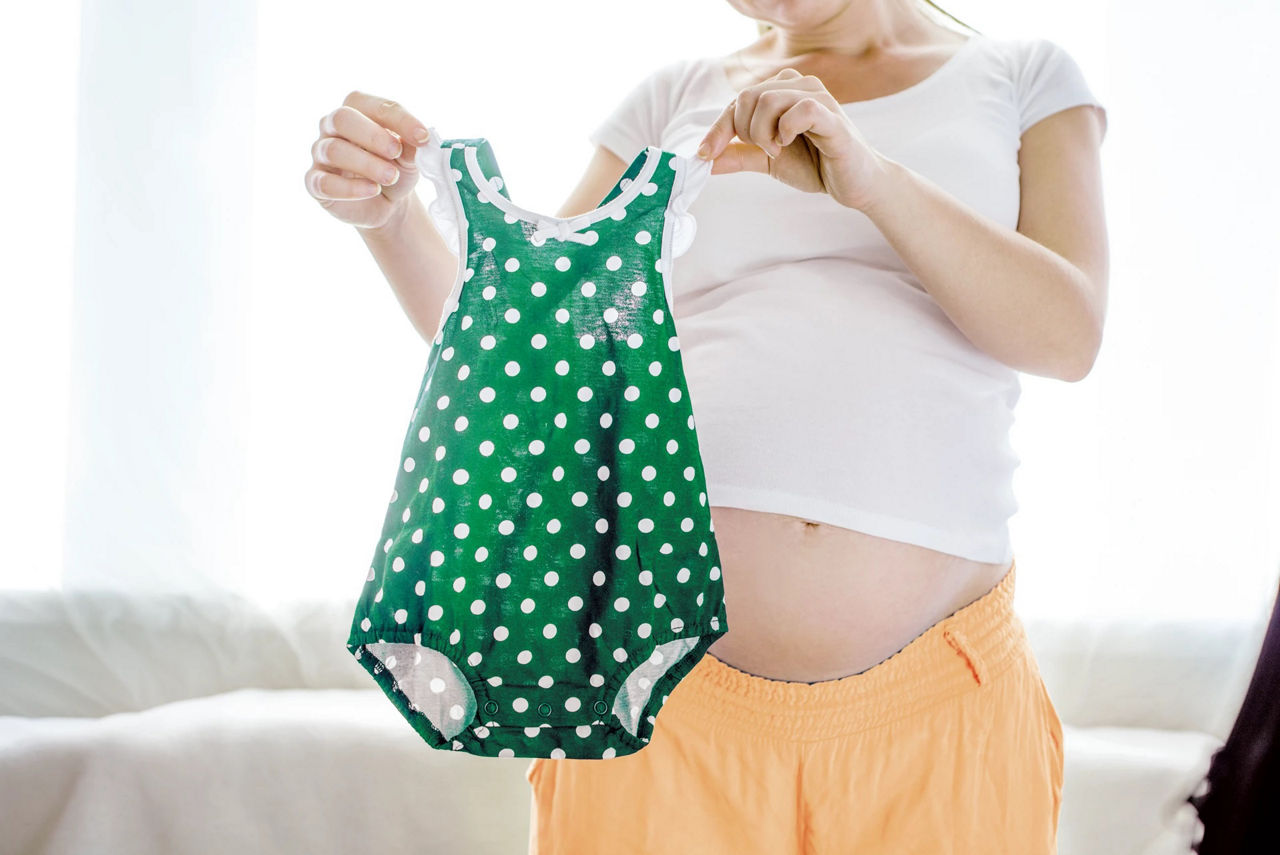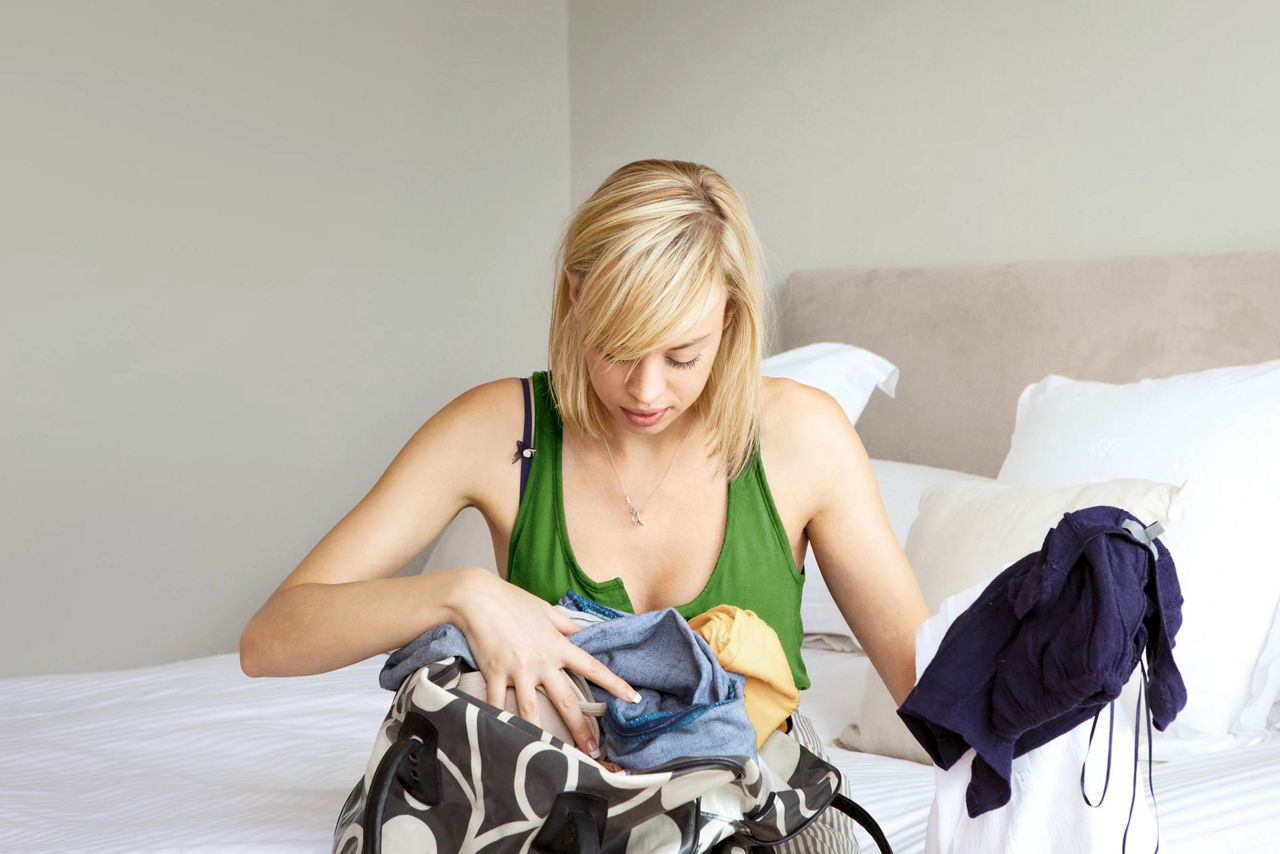Free weaning plan - Register here
When it comes to giving birth, it’s entirely your choice whether you decide to have someone with you or not. There’s no right or wrong answer here, it’s about doing what feels right for you.
If you choose to have someone with you as you welcome your baby into the world, remember that being a birthing partner is a big responsibility, so it’s important to have someone you know, trust and feel completely comfortable with.
Studies have found that women who have continuous support throughout labour, can have more positive outcomes when it comes to their birth experience1. Keep reading for more information on the role of a birth partner or doula, who can do it, and how they can prepare to support you.
What does a birthing partner do?
Your birth partner is your eyes, ears and voice during labour. They’re there to provide you with both emotional and practical support and to make sure you’re as comfortable as possible throughout your labour. Your birth partner is also there to give the reassurance and encouragement you need, whatever your birth choices or outcomes look like.
That’s why it’s really important that your chosen birth partner has access to, and fully understands, your birth plan. With a clear picture of your wishes, your birth partner can help you be in control of all aspects of your birth, including how you’ve chosen to deliver your baby (including via caesarean section and whether you’d like pain relief during your labour.
What to consider when choosing your birth partner
As we’ve said above, being a birth partner is an important job. Trust is absolutely vital, as is the ability to stay relaxed, so that they’re able to comfort and support you at every step of your labour.
Sometimes, things don’t go according to plan. Your birth partner will need to stay calm so that they can explain to you any changes that might need to happen and support you through them.
They’ll need to have a good understanding of what to expect when your labour begins and it’s never a bad idea to choose someone who’s organised and practical. Confidence is another key characteristic when it comes to a birth partner, as they might be required to ask for help on your behalf, and voice your wishes and concerns to hospital or birth centre staff.
Another thing to consider is availability. There’s no guarantee when it comes to pinpointing when your labour will start and how long it will take for your baby to arrive. You need someone who can be there for you immediately and be able to stay with you for as long as you need them.
When choosing your birth partner, think about whether those closest to you have the skills you’ll need when it's time to give birth. You might be very close to your mum, sibling or best friend, but will they be comfortable and strong enough to support you during your labour? Be sure to talk through everything thoroughly with your proposed birth partner before making a decision.
Whilst it’s often easier said than done, try not to feel pressured into picking a particular person as your birth partner, or worry about hurting anyone’s feelings. Follow your instincts and pick someone who you’ll feel 100% comfortable with.

Who can be my birth partner?
While many women choose the father of their baby or their partner to be with them during labour, there are plenty of other people you might want to consider.
You might prefer to have someone who’s been through labour themselves – perhaps a close friend or relative, such as your mum. Or you might want to enlist the help of a doula.
Can I have more than one birth partner?
While you can choose to have more than one birth partner, if you’re having your baby in a hospital or birth centre, there may be a limit on the number of people you can have in the labour room with you, particularly during the Coronavirus pandemic2.
The number of birth partners you’re able to have may also depend on how you give birth, for example if you’re having a C-section. It’s very important to check with your midwife, hospital or birth centre so that you’re clear about what your options are.
What is a doula and what do they do?
A doula is someone who’s trained and experienced in supporting women through childbirth, but who is not a part of the hospital staff 3 As well as providing practical and emotional support, a doula can often provide postnatal support too, helping parents to look after their new baby and caring for mothers after giving birth4. A doula won’t replace your midwife, as they won’t necessarily have medical training, and the exact service they offer will vary depending on the doula you choose and what your needs are.
Whilst there are a small number of NHS doulas, in most cases you’ll have to pay for the service. How much this will cost depends on a number of factors, including where you live and their level of experience5.
If you decide to hire a doula, they’ll want to spend some time getting to know you during your pregnancy. That way they can help you make informed decisions about your birth choices and be able to offer you the best possible support during labour.
Once your labour begins, your doula will be with you every step of the way, working on your behalf and giving you ongoing encouragement and reassurance.
Why should I get a doula?
Thanks to their knowledge, caring nature and first-hand experience, a doula can provide unrivalled support during labour and birth. You can either opt for them to be your designated birth partner, or to work alongside your chosen birth partner. This can be particularly helpful if your birth partner is nervous about how they’ll cope with the experience.
Since research has found that continuous support during labour and birth results in better birth experiences, many women agree that hiring a doula is money well spent.
Preparing your birth partner for the birth
Whoever you choose to be with you as you prepare to give birth, make sure you talk to them about how you’d like them to help and what their role will be. Discuss any relaxation techniques you might want to use and explain your aspirations for labour so they’re aware of what you want (and don’t want) to happen.
Here are a few things that your chosen birth partner can do to prepare:
- Have a clear understanding of what happens in labour and your pain relief options.
- Be aware of the interventions that may be suggested during your labour.
- Attend antenatal classes with you.
- Be 100% up to speed with your birth plan.
- Learn how to fit and use your TENS machine if you intend to use one during labour.
- Make sure they know where to find your hospital bag and what you’ve packed inside it.
Knowing how to massage your lower back or support you with any breathing or relaxation techniques you might like to use would also be a bonus too!
- World Health Organization. Why having a companion during labour and childbirth may be better for you [online]. Available at: https://www.who.int/reproductivehealth/companion-during-labour-childbirth/en/ [Accessed December 2021]
- National Health Service. Pregnancy and Coronavirus (COVID-19) [online] 2021. Available at: https://www.nhs.uk/conditions/coronavirus-covid-19/people-at-higher-risk/pregnancy-and-coronavirus/ [Accessed December 2021]
- World Health Organization. Companion of choice during labour and childbirth for improved quality of care [online] 2016. Available at: https://apps.who.int/iris/bitstream/handle/10665/250274/WHO-RHR-16.10-eng.pdf [Accessed December 2021]
- National Childbirth Trust (NCT). What is a doula? Your questions answered [online] 2021. Available at: https://www.nct.org.uk/pregnancy/who-will-care-for-you-during-pregnancy/what-doula-your-questions-answered [Accessed December 2021]
- Doula UK. About Doulas [online] 2021. Available at: https://doula.org.uk/about-doulas/ [Accessed December 2021]
Last reviewed: 6 January 2022
Reviewed by Nutricia’s Medical and Scientific Affairs Team

Join our baby club
Ready to stop worrying about what other people think and do what feels right to you? We’ll give you the support you need to follow your instincts and enjoy parenthood to the max:
Helpful emails
Non-judgemental support
Free weaning plan
Tips from real parents
Related articles
Pregnancy topics
Need free advice with a smile? Get in touch with our dedicated Care team.
Ask us a question (8am - 8pm Monday to Friday, 10am - 4pm Weekends)
Messenger
Contact us on Facebook (10am - 10pm, 7 days a week)
Call us
Call us on 0800 977 8880 (8am - 8pm Monday to Friday)
FAQs
Get answers to your most frequently asked questions






